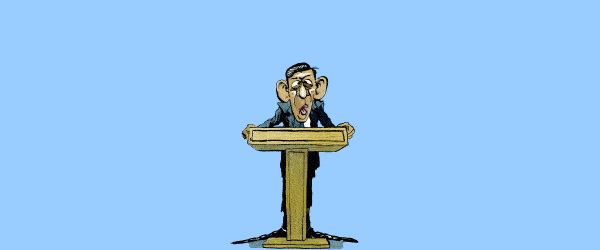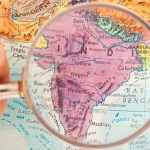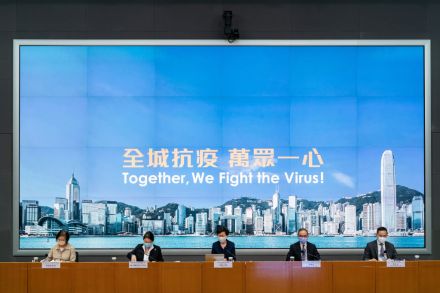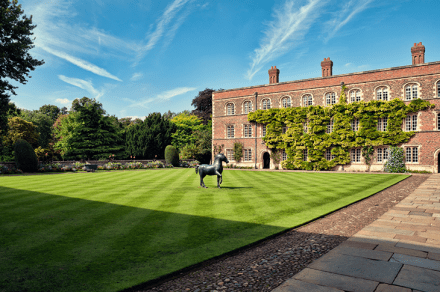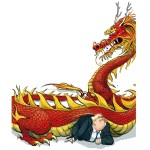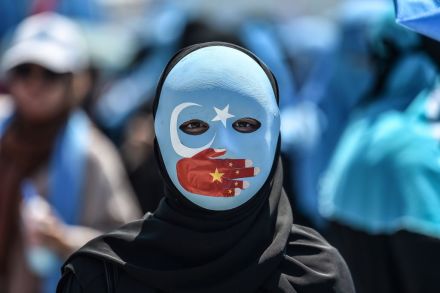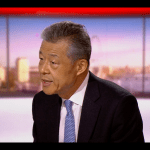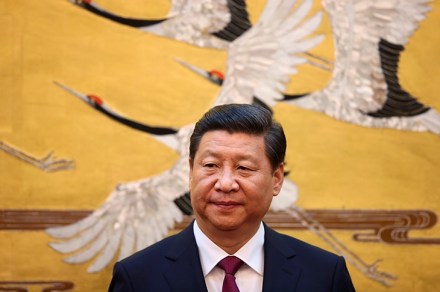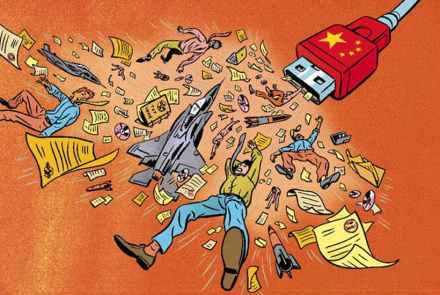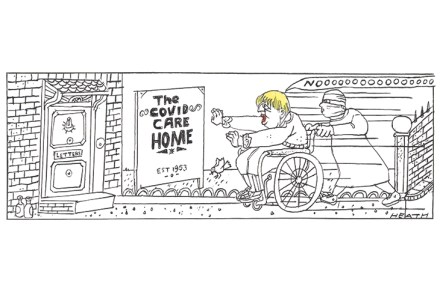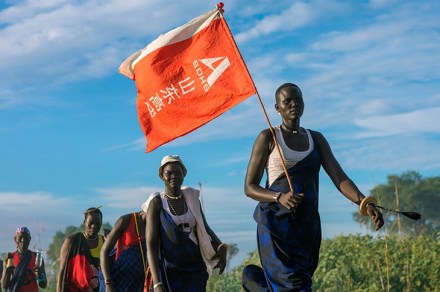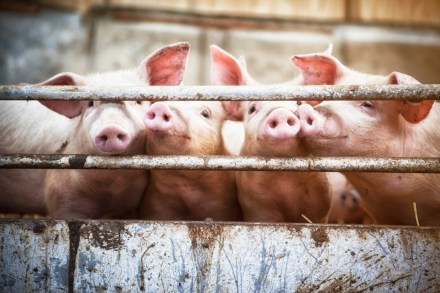What tickles China’s political elite?
29 min listen
You can’t get far doing serious business in China without having friends in powerful places. So when her husband’s company, Jardine Matheson (which once upon a time had smuggled opium into the country), was invited back into a liberalising China in the 1990s, Tessa Keswick had rare access to the country’s top leadership. On the podcast, she recounts seeing Bo Xilai, the disgraced Chongqing party secretary, days before he was arrested by Xi Jinping; the prank that Zhu Rongji, the then Prime Minister, played on Henry Keswick; and what it was like inside Zhongnanhai, the secretive Beijing compound that China’s leaders work from. Tessa Keswick’s book, The Colour of the

